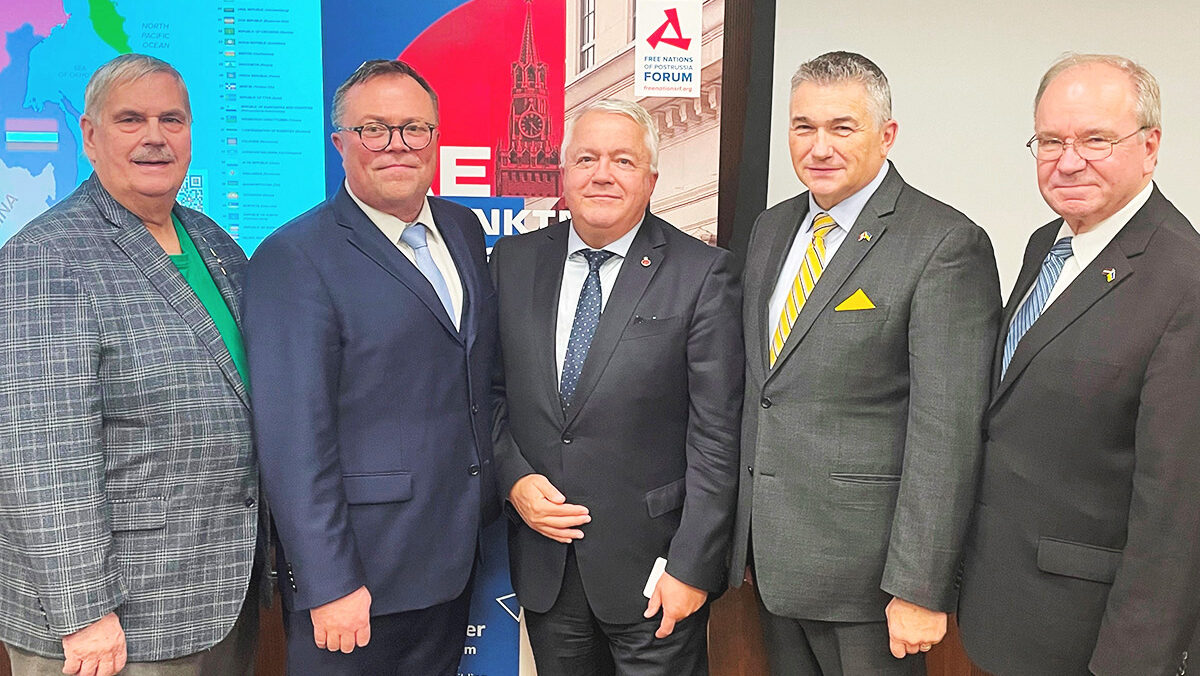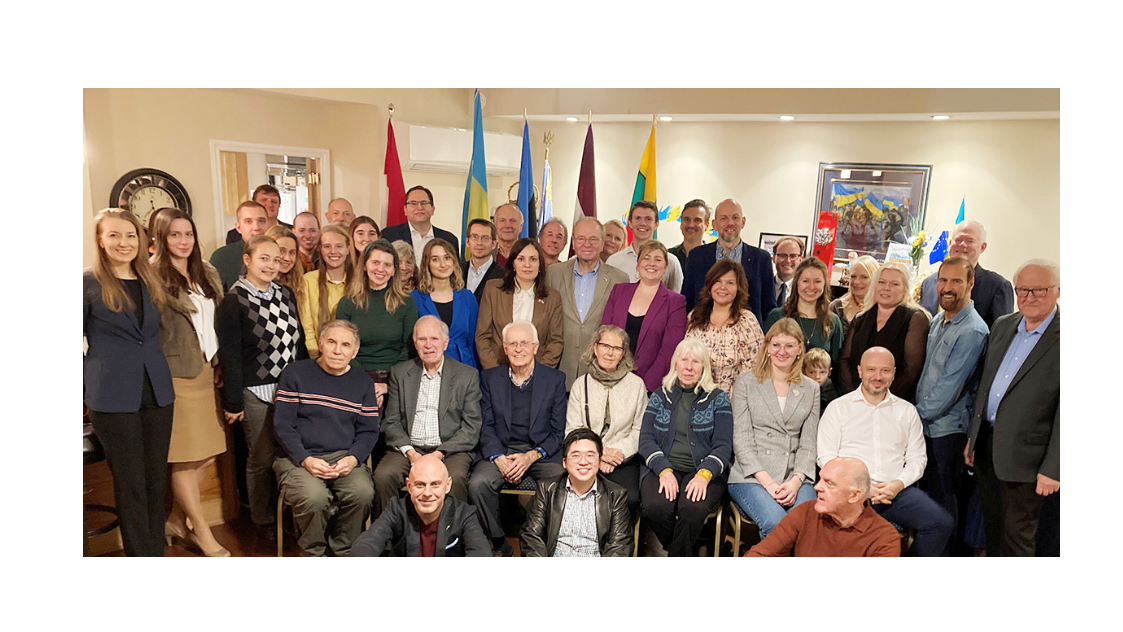Up until recently cautionary advice was not taken seriously by the public. However the SSD has noted that the sharp increase in Russian false news broadcasts and the more extended reach of cyber attacks against Lithuanian news channels, government establishments and electricity grids augers an intensified aggression still to come.
Foreign espionage activity has increased the involvement of Lithuanian counter-intelligence personnel. A captain in the Lithuanian air force with Russian citizenship has recently been arrested. Last year a Lithuanian military paramedic was detained. And in 2015 an FSB officer was caught for gathering information about Lithuania's president. He had been able to install listening devices into rooms used by the president. In the same year another Lithuanian had been convicted of espionage. In 2014, two Russian SVR operatives were expelled who had been working under diplomatic cover. These were only a few examples of Russian clandestine activity in Lithuania.
The Lithuanian SSD's efforts have been bolstered by budget increases, boosting the effectiveness of operations dealing with Russian and Belorussian attempts at penetrating Lithuanian targets.
The Lithuanians have also adopted a bold initiative in countering Russian intelligence operations. In a public report describing Lithuanian national security activity and the challenges it faces, Lithuanian authorities published the photo of the young man mentioned at the beginning of this column and labeled him a Russian intelligence operative working under diplomatic cover. The report makes a direct proposal for the young man to cease his illegal activity and think of returning to his homeland. The warning did not faze the Russian spy and he continued his activity at the same pace.
He was seen at each regular forum for the Lithuanian political opposition. Vilnius University's political and foreign relations institute gave him publicity releasing a photo-montage of his participation at various conferences and seminars.
Laas Leivat (To be continued.)


